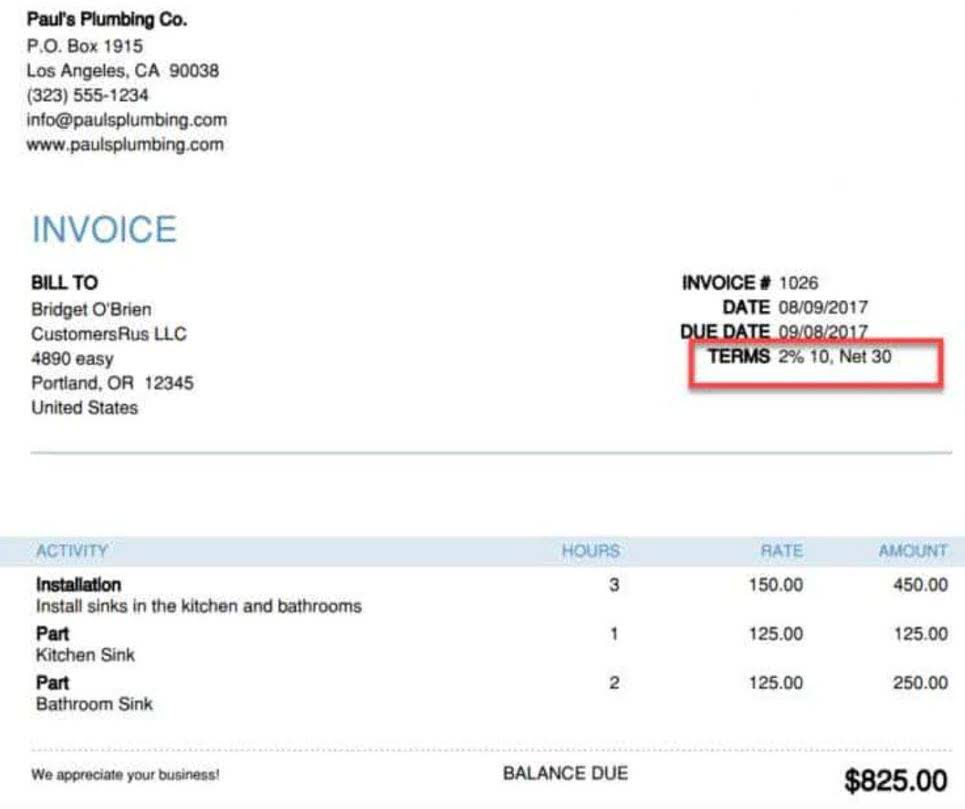
Once these calculations are complete, the employer will generate paychecks or direct deposits for the employee. Finally, the employer must file taxes and send out any required reports. Modified Payroll Bookkeepers With all of that said, let’s now take a look at the differences between them. Payroll and accounting are separate from a basic level, as they control different departments in an organization. The key responsibilities of a payroll expert might vary slightly depending on whether the role is in-house or outsourced.
- If you have an illness, you rely on specialists to manage your symptoms and hopefully cure you.
- The three most common ways are use a payroll accounting, use a payroll software, or do payroll by hand.
- For a relatively small sum, you can be confident that you’re complying with all relevant financial requirements and that your staff are being correctly paid.
- There are tons of settings you can play with to give the most useful information to your clients.
- Those wage expenses will also be shown on your income statement under operating expenses.
Difference Between Bookkeeper and Accountant
While we do not file taxes, our expert bookkeepers ensure that your financial records are in perfect shape when it’s time to hand them over to your CPA or tax preparer. This streamlined process saves you time and money, allowing your CPA to focus on tax strategy rather than cleaning up disorganized records. Bookkeeping services play a crucial role in ensuring that businesses adhere to tax laws and meet necessary compliance requirements. They maintain accurate financial records that are essential for correct tax filing. Many small business owners wear multiple hats, often juggling a number of different bookkeeping and payroll tasks, at the same time.
Payroll Bookkeeping:
A bookkeeper — even if you are investing several hundred (or even several thousand) dollars per month — income statement can save you money. Let’s look at some of the ways that a bookkeeper can have an impact on a company’s bottom line. Now that we better understand the basics of what a bookkeeper does and where they learn their trade, let’s cover some of the reasons why a company might hire one. On the other hand, payroll is the complex play of numbers that guarantees your workers receive just compensation, have their taxes appropriately deducted, and have their benefits monitored closely. Having the proper education and experience is crucial, but it’s not the most important factor in determining the price of the service.

Do third-party bookkeepers manage payroll.

However, some bookkeepers may not be comfortable or AI in Accounting experienced in payroll processing, so it is important to ask questions and make sure they have the necessary skills and experience. Integrating bookkeeping with the existing accounting software and payroll software helps streamline the flow of information and minimizes data entry errors. Accountants are money-related advisors who create fiscal summaries and provide monetary exhortations.

What are the differences between payroll, bookkeeping, and accounting?
- These can include a profit and loss statement, balance sheet and cash flow statements.
- This involved calculating, processing, and distributing wages and benefits to employees.
- Bookkeepers maintain accurate financial records for businesses, ensuring each transaction is recorded.
- Bookkeepers and accountants are both essential components of a successful financial system within a business.
- An accountant often oversees the work of a bookkeeper and typically holds a bachelor’s degree in accounting or finance.
Whichever method they choose, employers must ensure their bookkeeping service is compatible with it. Whether you are a small business or an international corporation, handling your payroll and bookkeeping can be overwhelming. The Velan team has a deep understanding of the differences between accounting and payroll, so they can help you find out what your business needs.
- A proficient bookkeeper often holds a certification in bookkeeping or accounting from recognized institutions.
- Any money that your client is receiving for his products or services is considered accounts receivable.
- This 10 part guide will provide you with the most basic fundamentals of accounting for your business.
- At tax time every year, the IRS wants to know how you’re spending your money.
- Just as a GP cares for your entire well-being, an accountant cares for the whole scope of your financial health.
- According to Indeed, you would typically see accountants or controllers performing some of those duties in larger organizations.
- Software has simplified parts of the process, but it has not fully automated bookkeeping, payroll, and accounting tasks.
- Platforms like Xero and QuickBooks provide a central hub for financial activities, ensuring that all data is accurately captured and readily available for tax reporting.
- Plus, it’ll be their job to flag up any inconsistencies between the books and your business accounts, making sure you resolve problems quickly.
- Bookkeepers like to search for efficiencies and make your back office run as smoothly as possible.
- Asking for references is a common way to see if someone is good at their job.
A professional bookkeeper keeps your finances in order, bookkeeping and payroll services giving you the freedom to focus on growing your business without the stress of managing numbers. Bookkeepers maintain accurate financial records for businesses, ensuring each transaction is recorded. Their role extends beyond mere data entry; they also prepare financial statements such as balance sheets and profit and loss accounts.